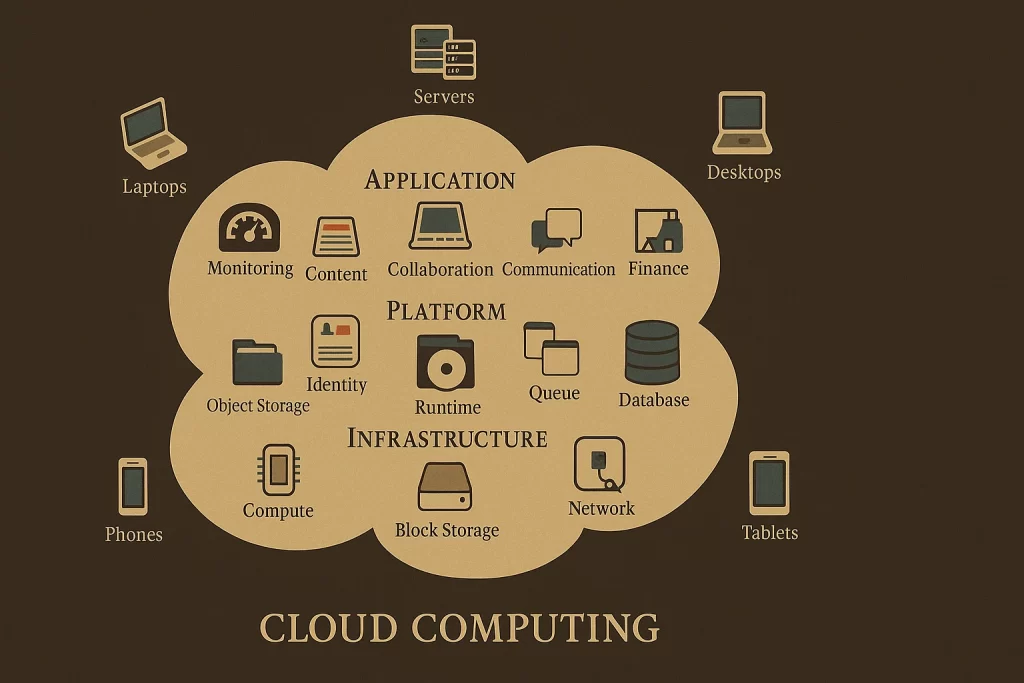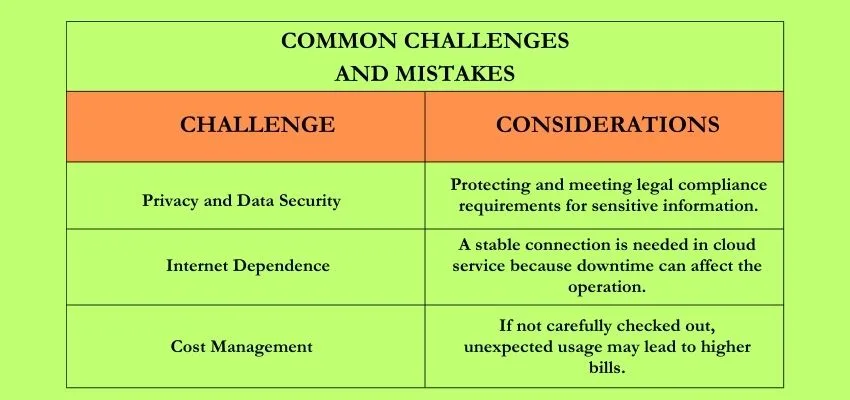In recent years, every business has transformed the way it manages data by leveraging remote servers hosted on the internet. Impact of cloud computing on business offers several benefits of cloud hosting services, which include scalability, increased flexibility, and cost efficiency. The businesses are allowed to store the data and run their applications without depending on local servers. Through this process, it helps to collaborate, access information, and adopt new technologies easily for startup businesses, from small to large enterprises. In this blog, we’ll explore the impact of cloud computing on business.
Overview of the Impact of Cloud Computing
In this technical era, cloud computing has already transformed the way of businesses to operate by providing access to computing resources on demand, such as storage and data processing over the internet. The need for expensive maintenance gets reduced, which provides permission to companies to make payments only for what they use. To improve security, it helps to collaborate with backups and disaster recovery options in real time. By enabling the integration quickly and easily with advanced tools like QuickBooks AI and other tools, the impact of cloud computing on business helps to stay efficient and focused on the customer.
What Is Cloud Computing?
A term of cloud computing used to describe the work through a network by using hardware and software. The use of a cloud-shaped symbol, the term comes from which represents the complex infrastructure of an abstraction that helps to enable the software and hardware’s work, and also the remote services.

Simply, cloud computing is one type of way that stores, manages, and processes data through the internet without taking help from a personal computer or on-site servers. It allows people to run applications like storage, software, and databases on demand. These resources can be used anytime by businesses and individuals without buying costly hardware. With cloud computing, you can make a payment only for those things that you’ve used.
The Impact of Cloud Computing on Business Success
The impact of cloud computing on business is relible for business because of flexibility, cost saving, and efficiency are provided by it. Companies are allowed to access data and run applications through this from anywhere, with remote work supporting faster decisions. The demand for resources up or down can be scaled by businesses without any heavy upfront costs. Generally, cloud computing helps to improve the collaboration and data security of businesses. Especially during the challenging time, the operations continue to be disrupted and remain competitive.
Key Benefits of Cloud Computing for Business
Mostly, in real-time, the impact of cloud computing on business helps the team to improve their work by collaborating to make sure that data security is maintained with backups. It enables and offers advanced tools like AI and analytics to make them faster for innovation. While focusing on the growth of businesses, gain flexibility and efficiency.
Follow the steps of the key benefits mentioned below:
- Make payments only for what you use to save costs.
- Adjust resources for scalability as demand changes.
- Access it for work from anywhere with a remote server.
- Built-in backups and protections are available for better security.
- Use advanced tools to grow faster, like AI and analytics.
Challenges and Considerations

Reasons for Moving a Business to Cloud
You need to make a plan carefully before moving your business to the cloud. Understand the goals and choose the right cloud model to start. Train your staff to use new tools and monitor costs, which will create a clear migration strategy with strong security measures. To keep services efficient and safe, review the performance regularly.
Follow the steps of Best Practices for Businesses Moving to the Cloud, as follows:
- Provide access to define business goals and requirements.
- Choose public, private, and hybrid cloud for a model.
- Make a plan for setting up a clear strategy and timeline for migration.
- Make sure that the data is secure with backups and encryption.
- Provide training to your staff to keep tracking the costs.
Conclusion
At the end of the conclusion, we conclude that the impact of cloud computing on business is explain and how it transformed businesses into flexible, efficient, and cost-effective. It allows remote work to real-time collaboration, and faster innovation while the data is improving. In QuickBooks, cloud computing is used to provide remote access to financial data, enabling real-time collaboration among team members that automates tasks like data backup.
